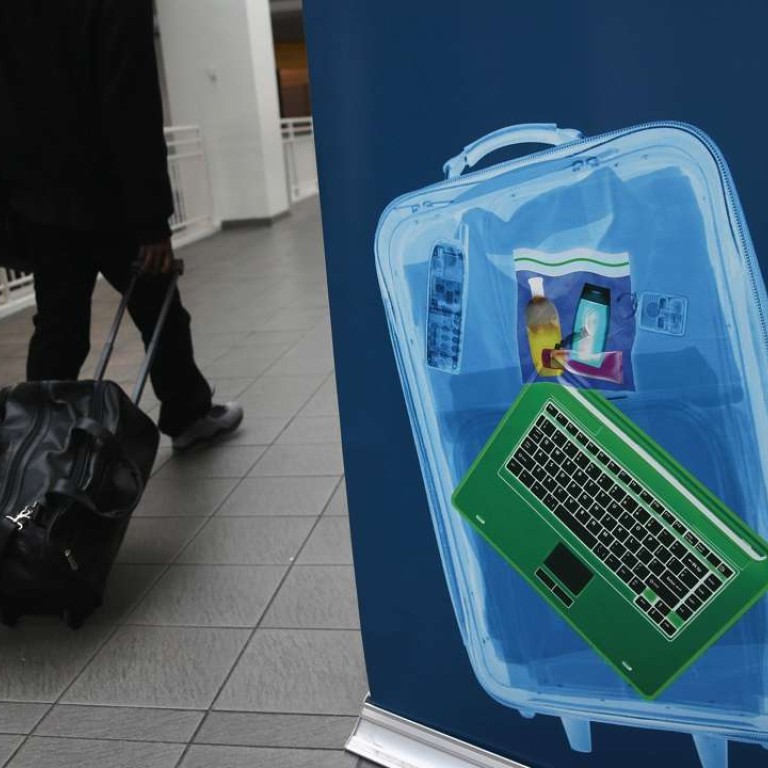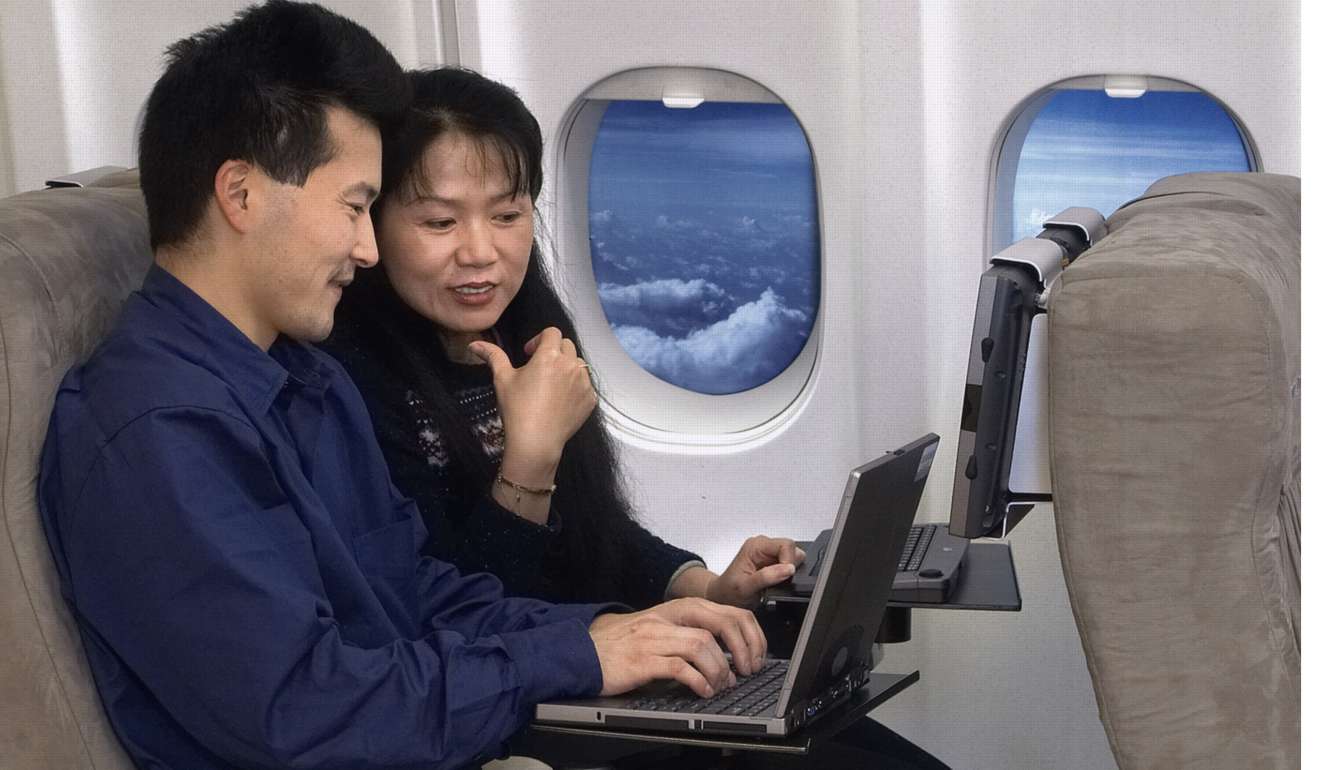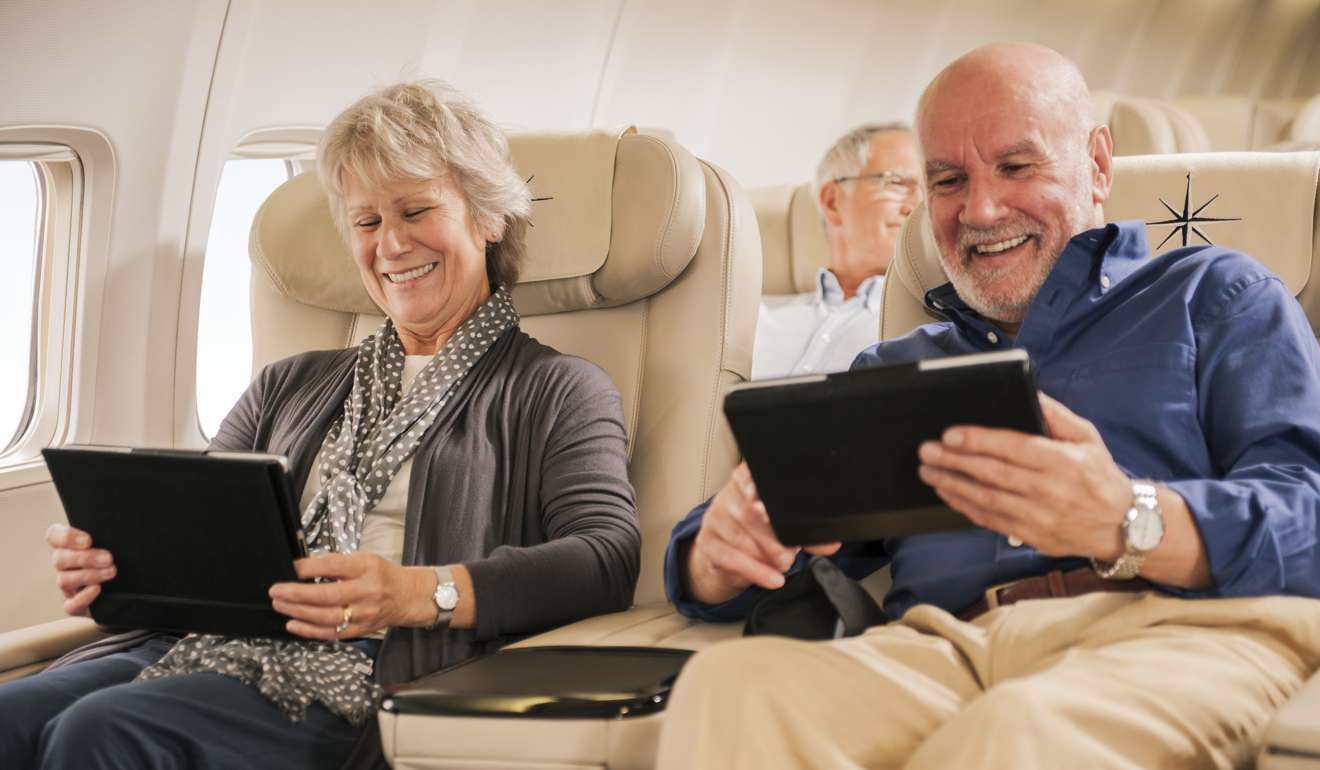
Electronic devices on US-bound flights from some Muslim countries banned by US and UK
The US government is temporarily barring passengers on nonstop US-bound flights from eight Middle Eastern and North African countries from bringing laptops, iPads, cameras and some other electronics in carry-on luggage starting Tuesday in response to unspecified security threats.
The US Department of Homeland Security said passengers travelling from those airports could not bring devices such as tablets, portable DVD players, laptops and cameras into the main cabin that are larger than a mobile phone. Instead, such items must be in checked baggage.
Britain took similar steps, with a spokesman for Prime Minister Theresa May saying that there would be curbs on electronic items in the main cabin on flights from six countries in the Middle East.
“The US government is concerned about terrorists’ ongoing interest in targeting commercial aviation, including transportation hubs over the past two years,” a US counter-terrorism official said in a statement. “Our information indicates that terrorist groups’ efforts to execute an attack against the aviation sector are intensifying.”
The US ban, which apparently applies to all devices except cellphones, was revealed Monday in statements from Royal Jordanian Airlines and the official news agency of Saudi Arabia. US airlines however, will not be affected by the ban, according to a US airline official briefed on the matter.

The reason for the ban was not immediately clear. David Lapan, a spokesman for Homeland Security Department, declined to comment. The Transportation Security Administration, part of Homeland Security, also declined to comment.
Human rights group Amnesty International said the restrictions raised “serious concerns that this could be yet more bigotry disguised as policy”.
Royal Jordanian said cellphones and medical devices were excluded from the ban. All other electronics, the airline said, would need to be packed in checked luggage. It was unclear to what other countries and airlines the ban would apply.

A US government official said such a ban has been considered for several weeks. The official spoke on the condition of anonymity to disclose the internal security discussions by the federal government.
Royal Jordanian said the electronics ban affects its flights to New York, Chicago, Detroit and Montreal. The Saudi statement said flights from Riyadh and Jeddah would be impacted.
News of the ban broke when Royal Jordanian sent out a now-deleted Tweet, stating that starting March 21, passengers would no longer be able to bring certain portable electronic devices into cabins.
“Following instructions from certain concerned US departments, we kindly inform our dearest passengers departing to and arriving from the United States that carrying any electronic or electrical device on board the flight cabins is strictly prohibited,” the tweet read.
The ban would begin just before Wednesday’s meeting of the US-led coalition against the Islamic State group in Washington. A number of top Arab officials were expected to attend the State Department gathering. It was unclear whether their travel plans were related to any increased worry about security threats.
Brian Jenkins, an aviation-security expert at the Rand Corp, said the nature of the security measure suggested that it was driven by intelligence of a possible attack. He added that there could be concern about inadequate passenger screening or even conspiracies involving insiders — airport or airline employees — in some countries.
Another aviation-security expert, professor Jeffrey Price of Metropolitan State University of Denver, said there were disadvantages to having everyone put their electronics in checked baggage. Thefts from baggage would skyrocket, as when Britain tried a similar ban in 2006, he said, and some laptops have batteries that can catch fire — an event easier to detect in the cabin than in the cargo hold.
Most major airports in the United States have a computer tomography or CT scanner for checked baggage, which creates a detailed picture of a bag’s contents. They can warn an operator of potentially dangerous material, and may provide better security than the X-ray machines used to screen passengers and their carry-on bags. All checked baggage must be screened for explosives.
Additional reporting by The Washington Post


